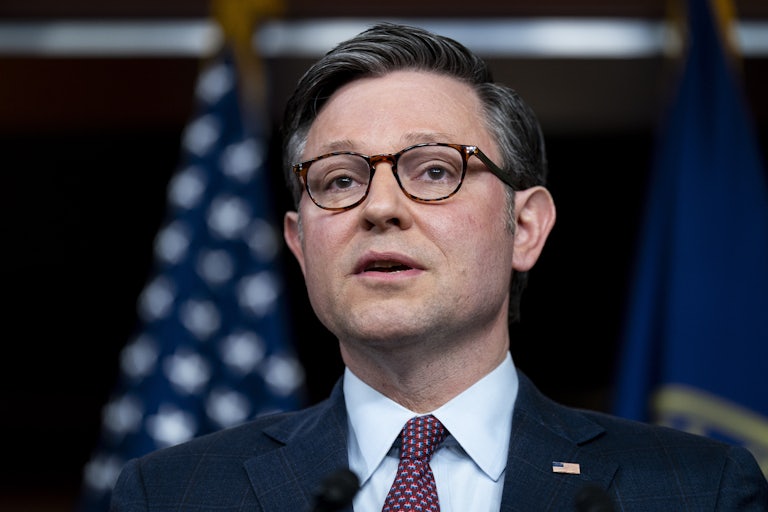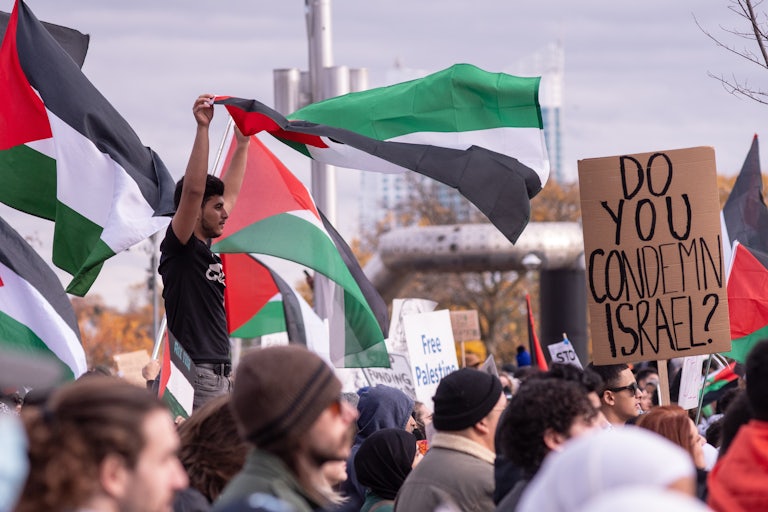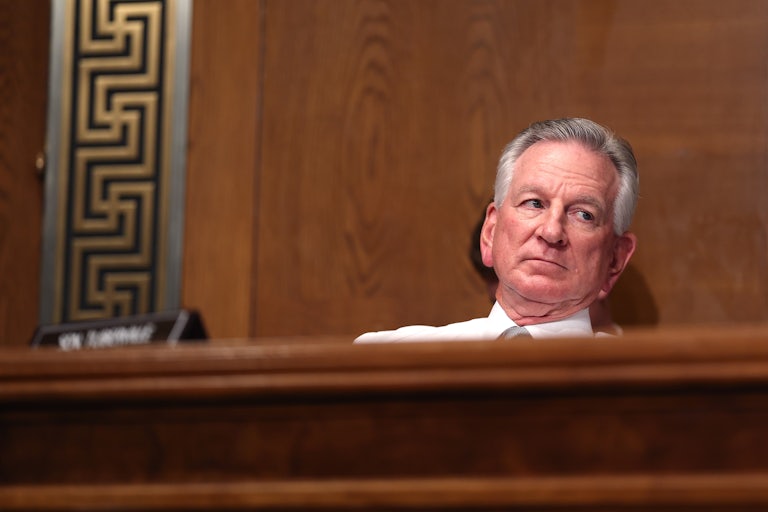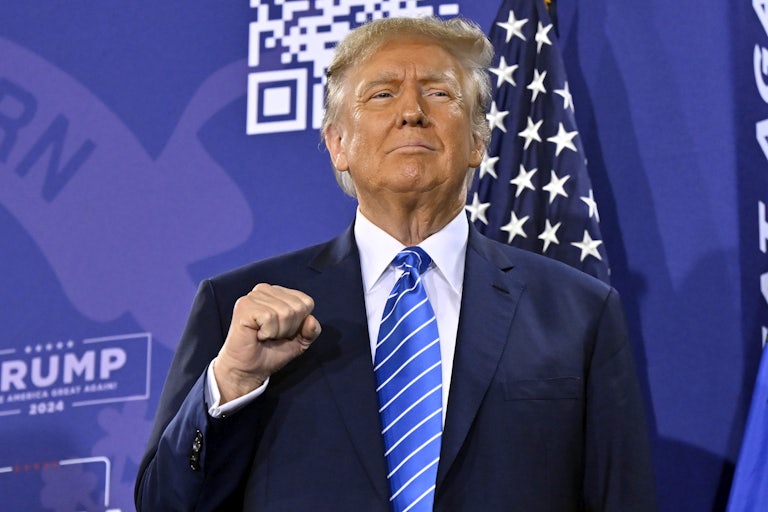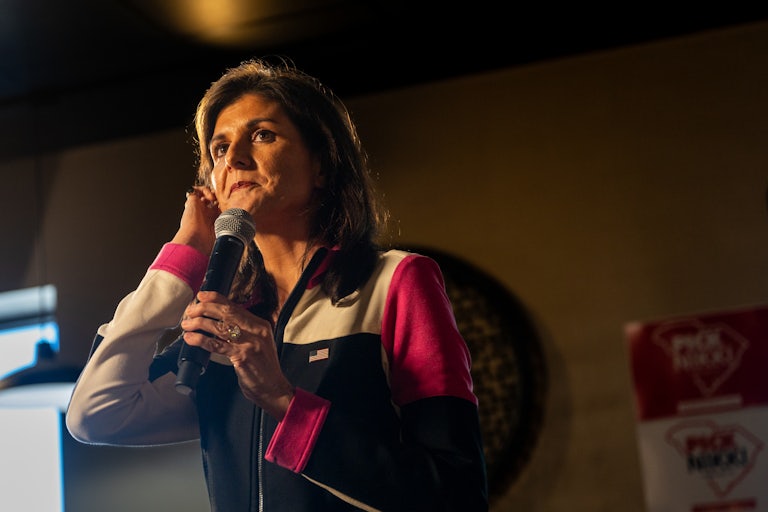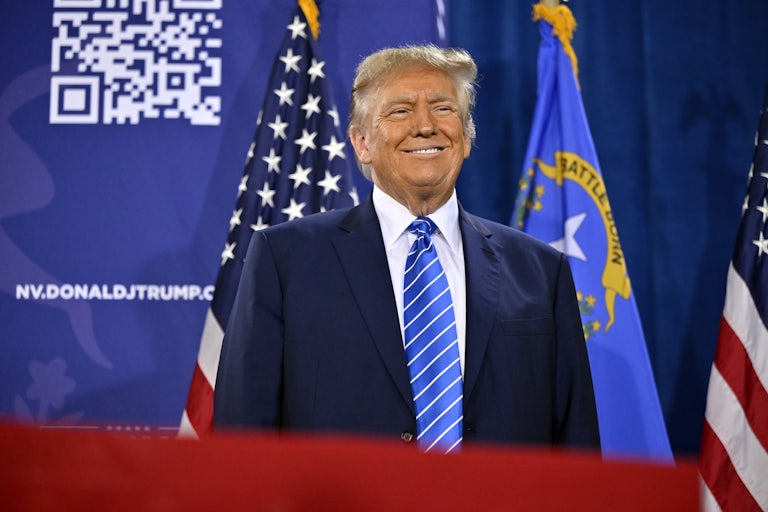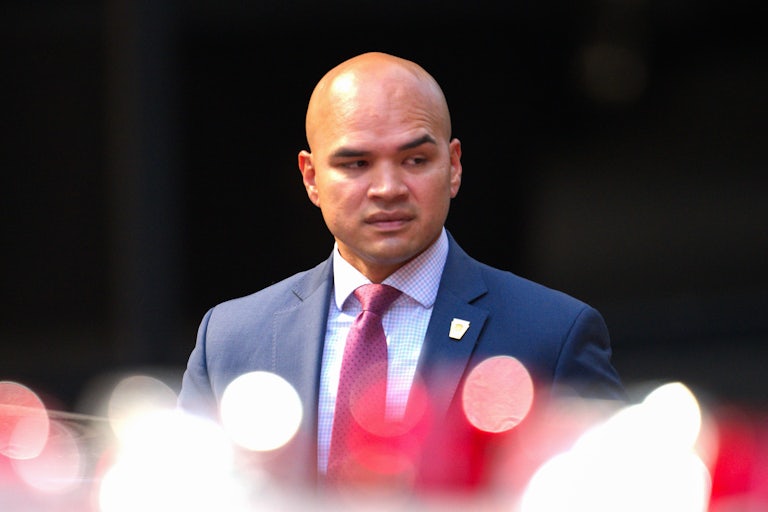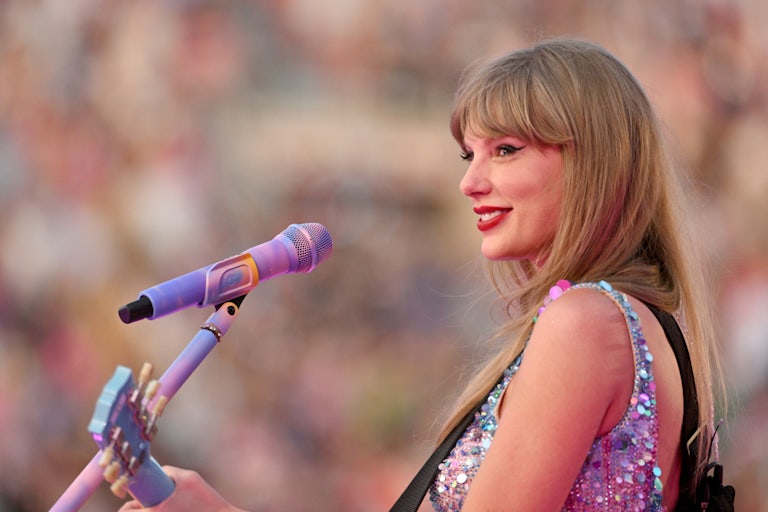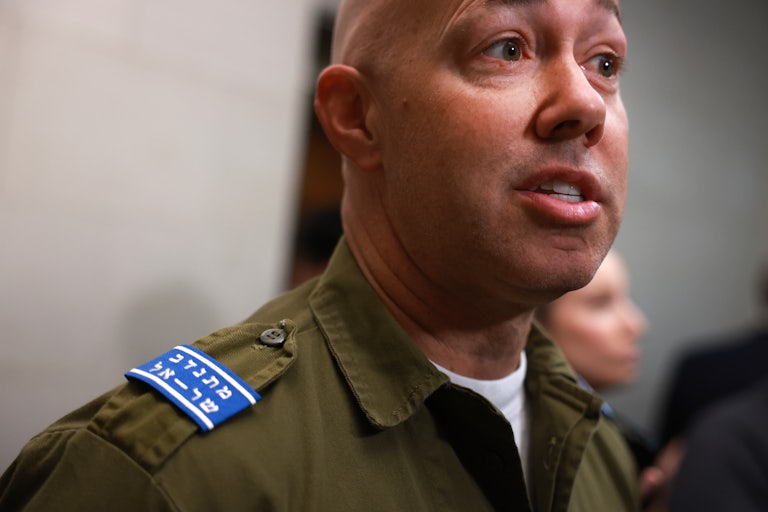Is Trump’s Crazy, Baseless Immunity Defense Maybe Going to Work?
A judge has just delayed Donald Trump’s federal election interference trial over the immunity question.
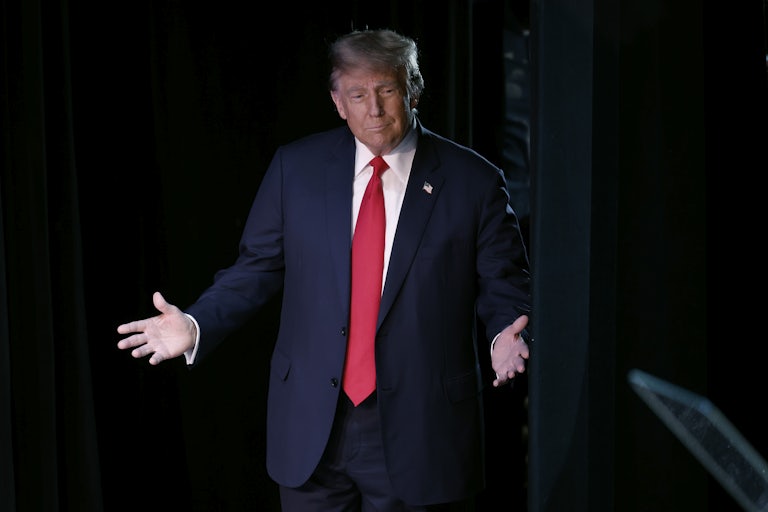
Donald Trump’s federal trial for trying to overturn the 2020 election has been delayed until an appeals court decides whether he has immunity—exactly what the former president wanted.
Trump’s trial was originally set for March 4, the day before Super Tuesday, but he insists he has presidential immunity against criminal proceedings. His lawyers argued his case to a panel of three appellate judges in Washington, D.C., in early January. The appeals court has not issued a ruling yet.
Judge Tanya Chutkan, who is presiding over Trump’s election interference lawsuit, on Friday officially called off the March trial. In a filing, she said she would set a new trial schedule once the appeals court rules on Trump’s immunity.
Regardless of how the appeals court rules, the question of Trump’s immunity will likely end up before the Supreme Court. This could drag out the lawsuit for weeks or even months.
Special counsel Jack Smith asked the Supreme Court in December to weigh in on the immunity case, so the case could move forward as quickly as possible. The Supreme Court declined to do so until the D.C. appeals court issued its ruling.
In the meantime, Trump benefits from every delay in the proceedings against him. As Politico pointed out earlier this week, delays increase the possibility that Trump could avoid charges altogether. If he has yet to face trial by November and wins the presidency, he could have the Justice Department end the lawsuits or even try to pardon himself.
Trump was indicted in August for his role in the January 6 insurrection and other attempts to overturn the 2020 presidential election. He faces one count each of conspiracy to defraud the United States, conspiracy to corruptly obstruct an official proceeding, obstruction of and attempt to obstruct an official proceeding, and conspiracy against the right to vote.
Trump has pleaded not guilty to all of the charges and has insisted the case should be dismissed altogether. He argues that former presidents can’t be criminally charged for actions related to their official responsibilities. He did not explain how overturning an election was related to official presidential duties.
While many critics say Trump’s immunity claim is a desperate attempt to avoid accountability, it could also be an attempt to ease his path toward increased power. As Greg Sargent wrote for The New Republic, “If he wins on this front, he’d be largely unshackled in a second presidential term, free to pursue all manner of corrupt designs with little fear of legal consequences after leaving office again.”
Friday’s delay means that the next trial Trump faces will be in his indictment for his role in hush-money payments to porn star Stormy Daniels. That trial is set to begin March 16.
This story has been updated.
